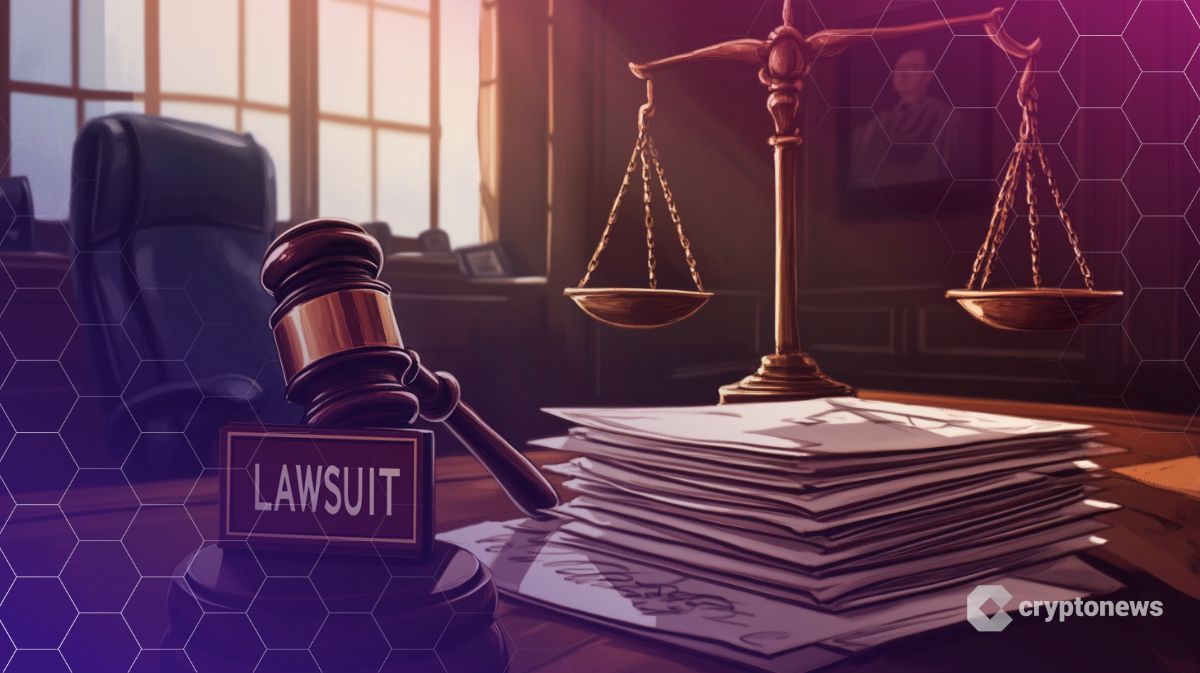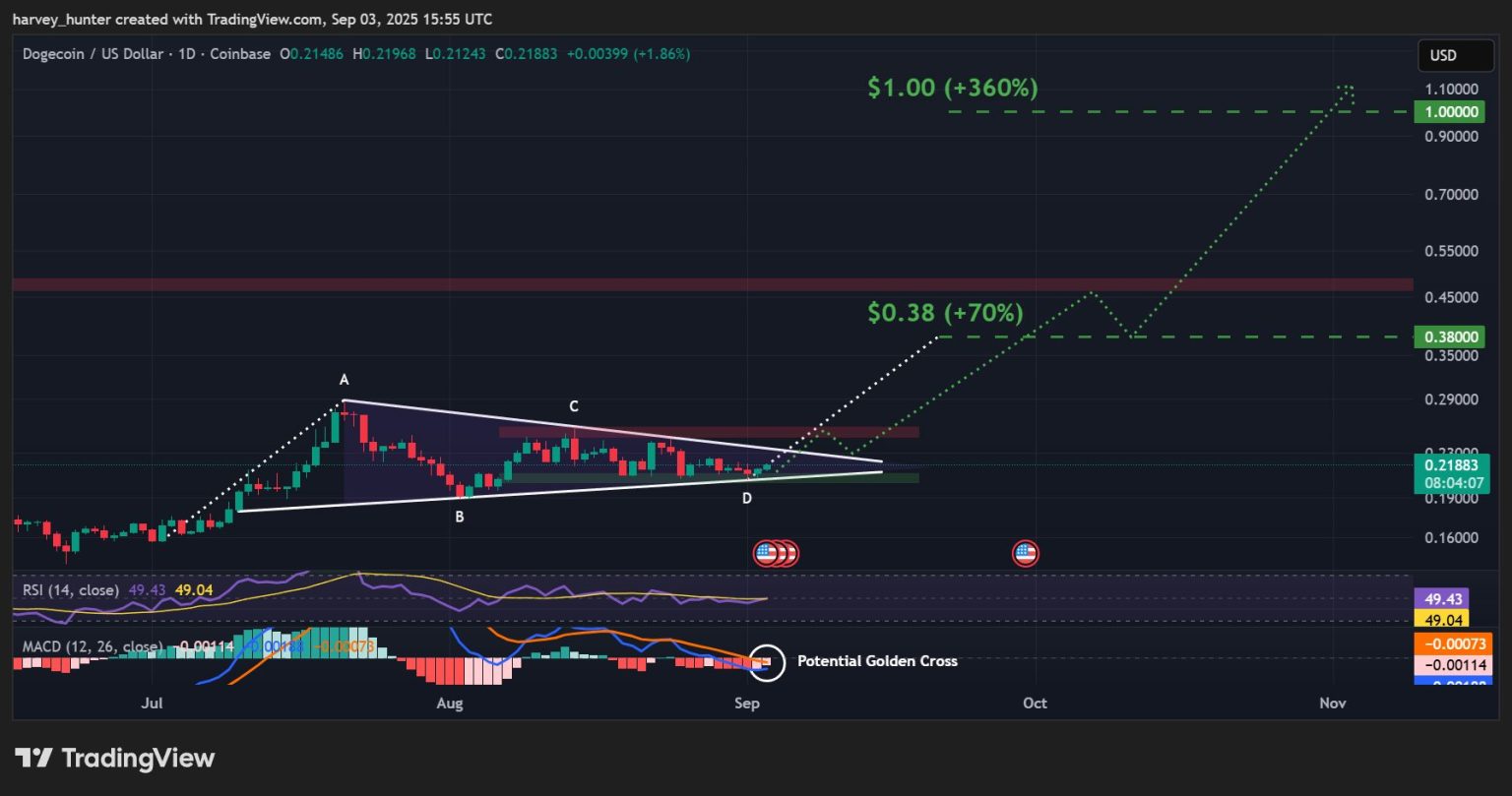
Digital Currency Group (DCG) has escalated its legal battle with bankrupt subsidiary Genesis Global Capital, filing a countersuit demanding $1.1 billion in promissory note relief and $105 million in alleged overpayments.
The move comes as Genesis pursues over $3.1 billion in damages against its parent company through multiple ongoing lawsuits.
Three Arrows Capital Collapse Sparks Corporate War
The conflict traces back to June 2022, when Three Arrows Capital defaulted on $2.36 billion in loans from Genesis.
DCG voluntarily issued a $1.1 billion promissory note to backstop potential losses from the hedge fund’s collapse.
The note contained automatic reduction provisions tied to any recoveries from Three Arrows Capital’s assets.
Genesis subsequently recovered nearly $2.8 billion from Three Arrows Capital, primarily through GBTC shares that surged from $428.5 million to over $2.1 billion by May 2024.
DCG claims these recoveries automatically reduced the promissory note’s principal to zero under the original agreement terms.
Despite the alleged principal reduction, DCG continued making payments totaling $106 million to Genesis under what it calls a “misapprehension” about the note’s remaining balance.
The parent company now seeks recovery of these funds plus interest through four legal counts, including declaratory judgment and unjust enrichment.
The legal warfare intensified following Genesis’s bankruptcy filing in January 2023 after accumulating $3.5 billion in debts.
Previously unsealed court documents reveal DCG executives feared Genesis could be treated as their “alter ego” as early as 2022, with CFO Michael Kraines warning about potential corporate veil piercing scenarios.
Genesis has mounted its own offensive, pursuing $2.2 billion in crypto assets through Delaware courts and over $1 billion in allegedly fraudulent transfers through the New York bankruptcy court.
The subsidiary claims DCG extracted $450 million in crypto assets and $297 million through international transfers while Genesis faced liquidity stress.
The Securities and Exchange Commission joined the fray in January 2025, fining DCG $38 million for securities violations and former Genesis CEO Michael Moro $500,000 for misleading investors about the company’s financial health following Three Arrows Capital’s collapse.
The regulatory action revealed DCG executives knew about over $1 billion in Genesis losses while portraying financial stability.
Corporate Control and Financial Engineering Allegations
Internal documents released by Genesis’s Litigation Oversight Committee paint DCG as treating its subsidiary like a “de facto treasury” while extracting value through insider loans and risky trades.
Genesis employees described a “culture of submission” where they served DCG’s interests over their own operational integrity.
DCG’s risk committee delayed its first meeting for nine months after formation, with Kraines later joking that the delay made his “future deposition easier.”
External auditors flagged “material weaknesses” at Genesis as early as 2020, yet the parent company allegedly continued extracting funds.
The committee alleges DCG orchestrated fraudulent transactions, including the June 2022 promissory note and a September round-trip deal designed to mask Genesis’s financial distress.
Genesis claims it was already insolvent by the end of 2021 despite carrying $14 billion in outstanding loans.
Consulting firm Oliver Wyman warned DCG about Genesis’s financial vulnerabilities in November 2021, but the parent company failed to implement corrective measures.
Instead, internal messages from 2022 indicate employees believed Genesis was being “propped up” so DCG could extract cash before the collapse.
Notably, Genesis has made substantial progress in returning funds to creditors despite the ongoing legal battles.
The company distributed $2.18 billion to approximately 232,000 users by May 2024, including through a pending $1.8 billion settlement with Gemini Earn participants.
DCG previously settled over $1 billion in debt, including $627 million owed to Genesis by January 2024, following a November 2023 agreement reached after Genesis sued for loan repayments.
The parent company had defaulted on over $620 million in debt by May 2023.
As it stands now, the multiple legal proceedings continue as both companies navigate bankruptcy restructuring, regulatory enforcement, and billions in creditor claims stemming from the 2022 crypto market collapse.





